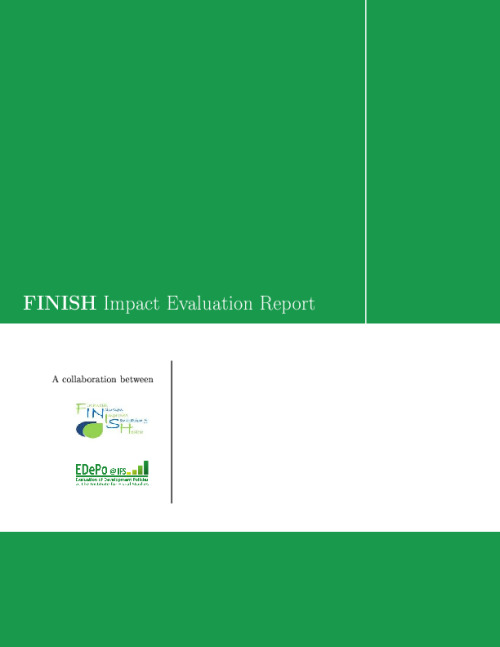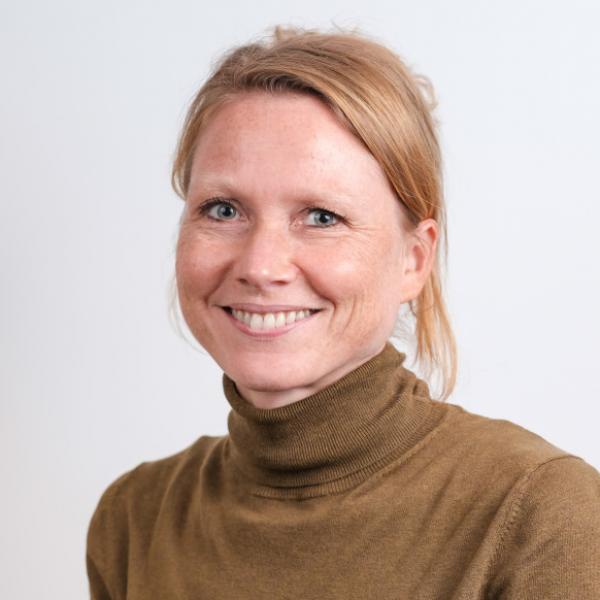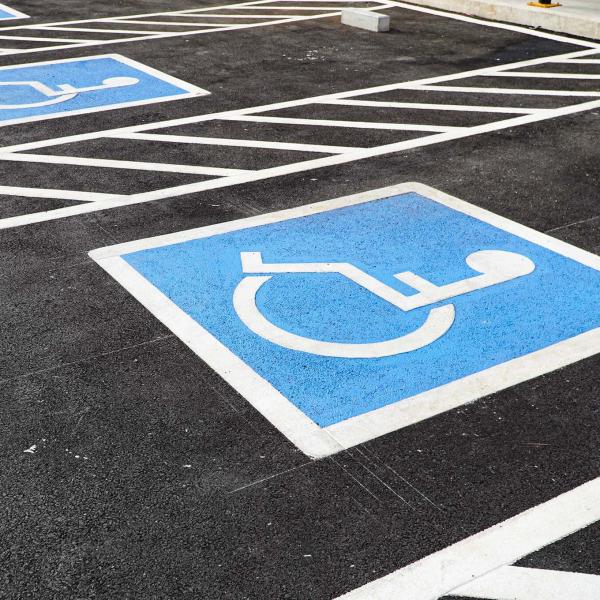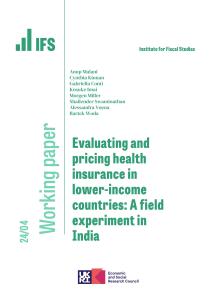More than 1 billion of the world's population lack access to improved sanitation [JMP, 2012]. Many antipoverty programs have aimed to increase uptake and usage by alleviating informational constraints and fostering demand and perceived need. Other programs have (partly) relaxed resource constraint by providing subsidies and more recently there are also attempts of improving access to formal financial services for individual sanitation needs of the poor.
One of these programs is implemented by the FINISH Society. FINISH stands for Financial Inclusion Improves Sanitation and Health and the programme is a response to the preventable threats posed by poor sanitation and hygiene. It was launched in 2009 as new approach to improve the health and welfare outcomes of poor households. This approach focuses on financial tools to improve the sanitation situation in both rural and urban areas in India. This document is one of a series of outputs that came and will come out of this evaluation study.










